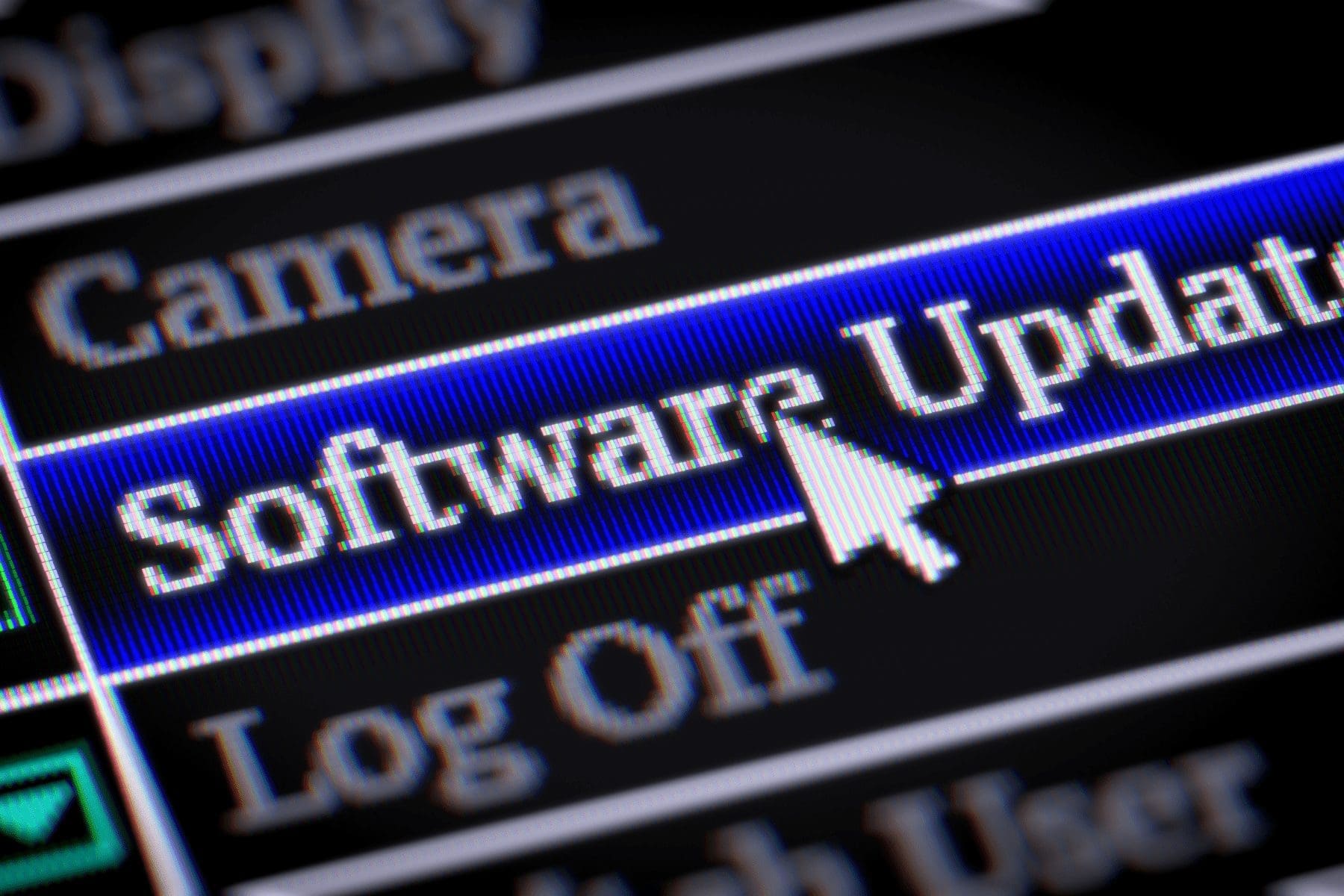Legal Liability
Because the company owns the computers that employees work on, the company can legally be held liable for any illegal or discriminatory content that employees view or distribute on those computers.
Discrimination and Harassment
One concern of Internet use is discrimination and sexual harassment. This can result from an employee sending inappropriate or offensive emails or from an employee viewing pornography, other sexually explicit material, or content that promotes hate and discrimination. Even if the individual is not distributing inappropriate content, an employee walking by could be offended and take issue with the company—or even sue—for being subjected to a hostile work environment.
Illicit Activity
Another legal liability for employers is any computer activity involving or leading to illegal activity. This can include accessing illegal information, participating in unlawful activities online, or using the information found online to commit a crime. In addition, child pornography is of particular concern for employers because of the severity of the crime and because studies show that many people who view such content do so during work hours.
In any of the above cases, even if the employer was unaware of the inappropriate or illegal activity, it can be held liable for negligent supervision of employees. Legally, any content stored on the computer is technically both in the employee’s and employer’s “possession.”
Misuse of Company Email
Another type of legal liability could result from improper use of company email. For example, suppose an employee sends a personal email from their company account or uses their company email address to identify themselves in a chat room or on a website. In that case, the company is liable for any statements made or actions performed. This could bring up defamation, discrimination, or links to illegal activity by the employee misusing a company email account.
Technological Risks
Accessing unauthorized Web pages can also pose risks to the company’s computer or network. Just one mouse click can expose a computer to a destructive virus or allow a hacker to access sensitive company information. Having a defined internet usage policy along with preset website rules will help keep your employees from accidentally visiting harmful websites.
Loss of Productivity
Studies have revealed that employees often spend large amounts of time “surfing” the Web or conducting personal business on the computer during work hours. While incidental personal use is understandable, more than that can be a significant drain on your company’s resources by paying employees who are not consistently working.
Legal Liability
Because the company owns the computers that employees work on, the company can legally be held liable for any illegal or discriminatory content that employees view or distribute on those computers.
Discrimination and Harassment
One concern of Internet use is discrimination and sexual harassment. This can result from an employee sending inappropriate or offensive emails or from an employee viewing pornography, other sexually explicit material, or content that promotes hate and discrimination. Even if the individual is not distributing inappropriate content, an employee walking by could be offended and take issue with the company—or even sue—for being subjected to a hostile work environment.
Illicit Activity
Another legal liability for employers is any computer activity involving or leading to illegal activity. This can include accessing illegal information, participating in unlawful activities online, or using the information found online to commit a crime. In addition, child pornography is of particular concern for employers because of the severity of the crime and because studies show that many people who view such content do so during work hours.
In any of the above cases, even if the employer was unaware of the inappropriate or illegal activity, it can be held liable for negligent supervision of employees. Legally, any content stored on the computer is technically both in the employee’s and employer’s “possession.”
Misuse of Company Email
Another type of legal liability could result from improper use of company email. For example, suppose an employee sends a personal email from their company account or uses their company email address to identify themselves in a chat room or on a website. In that case, the company is liable for any statements made or actions performed. This could bring up defamation, discrimination, or links to illegal activity by the employee misusing a company email account.
Technological Risks
Accessing unauthorized Web pages can also pose risks to the company’s computer or network. Just one mouse click can expose a computer to a destructive virus or allow a hacker to access sensitive company information. Having a defined internet usage policy along with preset website rules will help keep your employees from accidentally visiting harmful websites.
Loss of Productivity
Studies have revealed that employees often spend large amounts of time “surfing” the Web or conducting personal business on the computer during work hours. While incidental personal use is understandable, more than that can be a significant drain on your company’s resources by paying employees who are not consistently working.
The Last Word
There can be significant costs associated with employee claims of computer or Internet abuse. Lawsuits and settlements can be extremely costly to the company, whether for discrimination, harassment, or illicit activity. In addition, dismissing employees guilty of misconduct can be expensive and time-consuming, both in finding and training a replacement and potential legal fees if there is litigation. Prevent these issues by contacting an InsureGood Advisor to help create an effective internet usage policy for your company.





